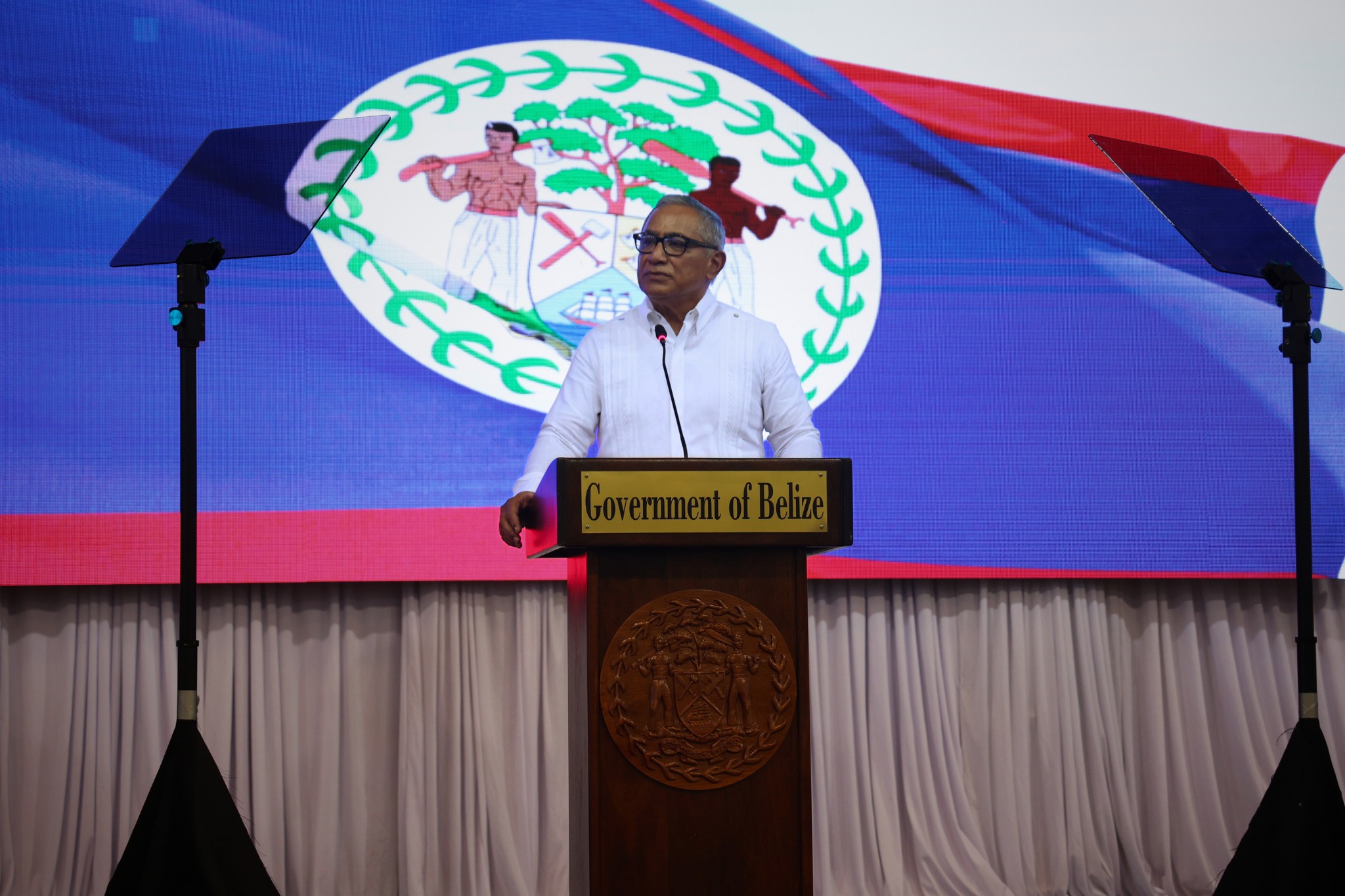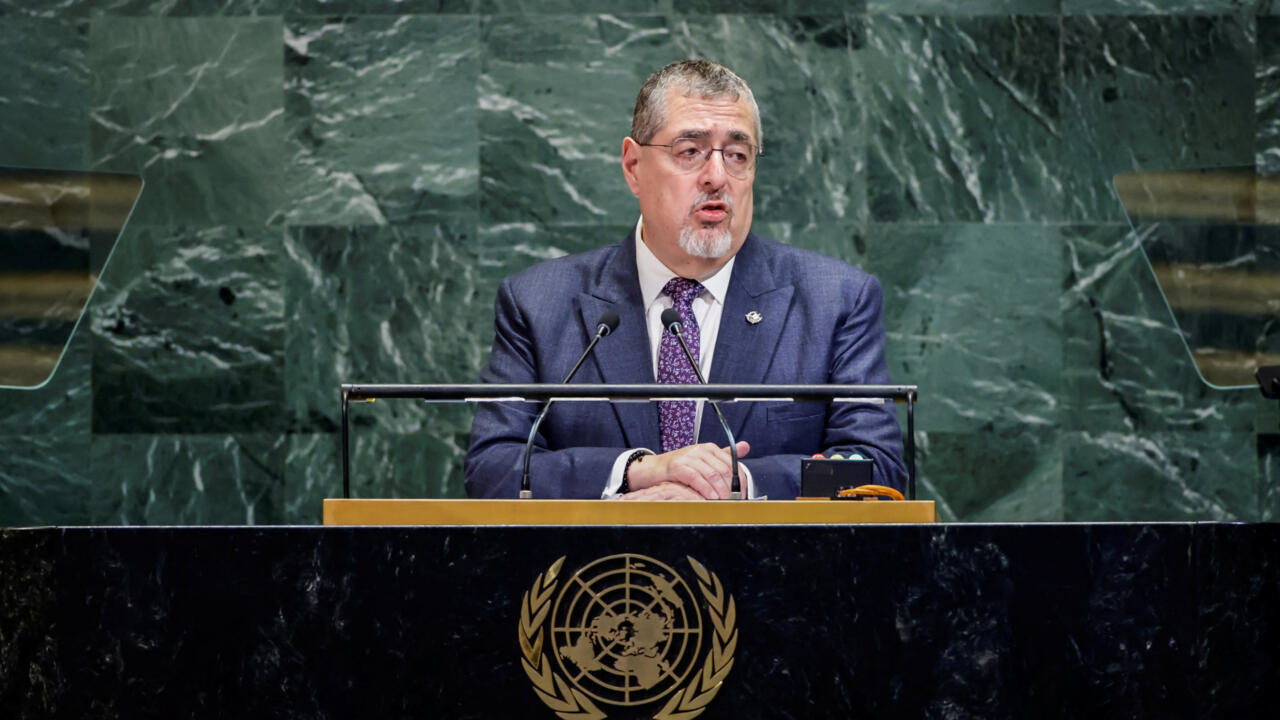Throughout September, Belizeans witnessed another flare-up in tensions surrounding the Belize-Guatemala territorial dispute. Guatemala continues to assert a claim over half of Belize’s landmass, all of its islands (Cayes), and the maritime territory extending from the coast. The latest incidents with the Guatemalan Armed Forces at the Sarstoon River in southern Belize prompted strong protests from the Government of Belize. In response, Guatemala reaffirmed its sovereignty claim over the entire river. Experts further explained that Guatemala’s position extends to all of Belize’s Cayes. Guatemalan officials also discussed possible scenarios in the event that the International Court of Justice (ICJ) rules in their favor.
Through national referendums, both countries agreed to settle the long-standing dispute at the ICJ in The Hague, Netherlands. Guatemala held its referendum in 2018, and Belize held its referendum in 2019, with “Yes” votes prevailing in both. The case has since completed written submissions, and oral hearings are scheduled to begin in 2026. A ruling from the ICJ is expected within a year after the hearings.

The Guatemalan legal team remains confident of victory. During a televised presentation on September 16th, former Vice Minister of Foreign Affairs Rodrigo Vielmann outlined the scope of the claim. He said their team submitted an eight-volume document seeking continental, insular, and maritime territory, supported by legal and historical arguments.
Vielmann specified that Guatemala is claiming all territory south of the Sibun River, just beyond the capital, Belmopan. This includes a large part of the Cayo District and all of the Stann Creek and Toledo Districts. “We are claiming the entirety of the insular territory as well, on the basis that the Belizean population nor the British settlements never historically held title over the entire insular territory,” Vielmann said. “This is what we know today as the cayes of Belize, including all the way to the north.” While not explicitly stated, his remarks were interpreted to include Caye Caulker and Ambergris Caye.
He further stated that Guatemala also seeks all maritime territory extending from the Belizean coast. “That is the full scope of Guatemala’s claim,” Vielmann said.
Vielmann, however, admitted that his country is unprepared if the ICJ grants Guatemala all it seeks. “We would face a major domestic political challenge. That territory would become a new department. It will be added to the departments of Peten and Izabal,” he said. He raised concerns about security, healthcare, education, land management, municipal boundaries, and the nationality of Belizean residents who would suddenly become Guatemalan. He also questioned how private land ownership would be handled, particularly by Belizeans and foreign investors. “In other words, it’s an enormous challenge before us, and unfortunately, I must say, I don’t see any kind of strategic preparation for this—to be prepared for the results and effects of this ruling,” he told his audience.

Not all Guatemalan experts share Vielmann’s confidence. Rodrigo Montufar, an international relations specialist, believes the ICJ will rule in Belize’s favor. He outlined how the 15 judges might vote, predicting nine votes against Guatemala and six in its favor. Montufar also argued that Belize’s environmental record could influence the decision. “If you look at the map of Belize and the map of Guatemala, the map of Belize is green because they have preserved the jungle as national parks. The map of Guatemala is covered with brown stains, which is deforestation,” he said. “Belize’s campaigns to preserve the environment will actually help them in the judging. I have a suspicion that the verdict of the International Court of Justice will be against Guatemala.”
Meanwhile, Belize’s Ministry of Foreign Affairs has updated international partners and allies on the incidents at the Sarstoon, including those who supported the Organization of American States’ confidence-building measures following the signing of the compromis in December 2008. That agreement committed both nations to take the territorial dispute to the ICJ.

Prime Minister Honorable John Briceño praised the Belize Defense Force and Belize Coast Guard for their continued patrols of the Sarstoon River, standing firm against Guatemalan attempts to block access. “We all stand firm that Belize is ours, and we will do as best as we can to defend what is ours,” Briceño said.

He expressed hope that tensions would not escalate further and emphasized his expectation of a fair trial at the ICJ. Briceño also confirmed that during his participation in the 80th General Assembly of the United Nations in New York City, he intends to meet with Guatemalan President Bernardo Arévalo to discuss the recent incidents on the Sarstoon River.


